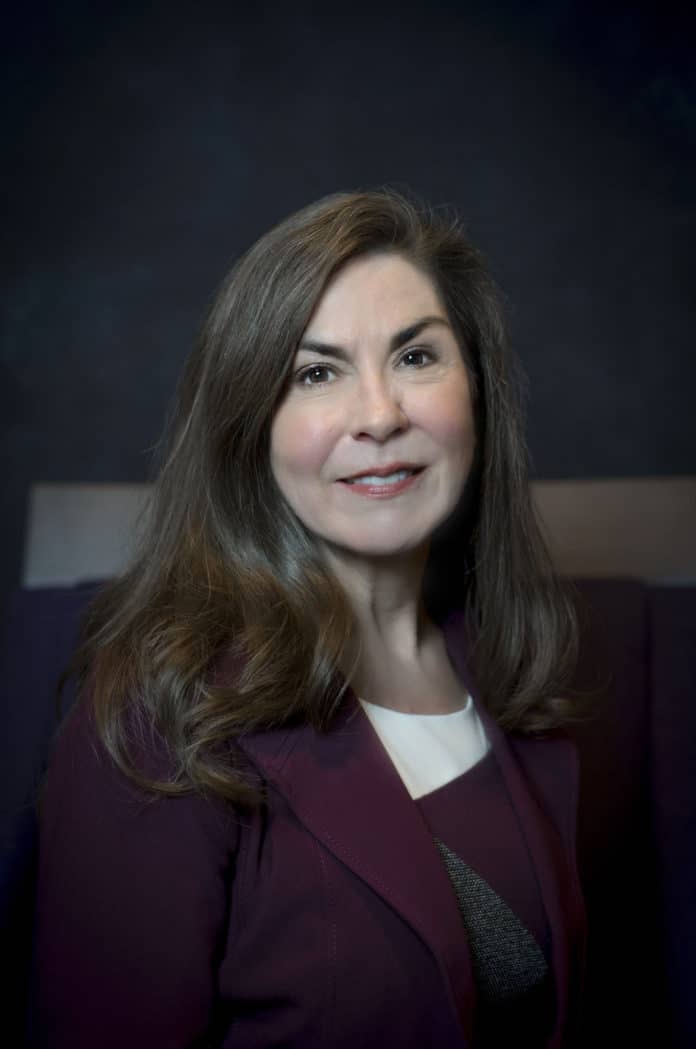Frequent fliers have heard it hundreds of times. Put on your own oxygen mask first before trying to help someone else. For mental health professionals, especially counselors, the idea has mileage on the ground, too.
Counselors who neglect their own mental health eventually run out of “oxygen,” and gasping for air isn’t the most effective way to help others.
National Mental Health Awareness Month — observed each May since 1949 — is an opportune time to remind professional counselors that self-care for the mind, body and soul is essential to avoid a crash. Those who ignore their own wellness risk a sudden nosedive in their ability to empathize with clients, and empathy is the cornerstone of the profession.
Counselors listen to heart-rending and emotionally difficult stories, offer empathy and provide a safe place for clients to share. They personally feel the pain of their clients — the trauma, the heartbreak, the anxiety — and promise to keep it confidential. There’s no sharing with a spouse or friend at day’s end.
By design, counseling is a one-way caring relationship. It’s not meant to be a two-way street. The client isn’t there to provide the counselor with empathy.
That’s why healers need healers — their own professional counselors and peer support groups — and need to be deliberate about self-care practices, incorporating positive activities to recharge and making room for personal wellness. To do anything less is to jeopardize their own wellness and careers and the mental health of their clients.
To put it simply, mental health professionals must walk the talk, diligently practice what they preach, and choose a flight course that ensures everyone a safe landing, including themselves. That equates to modeling the counsel they give clients and nourishing their own wellness.
It’s easier said than done.
Self-care doesn’t come easily to most mental health professionals. Those who choose a career in mental health are by nature predisposed to take care of others, to be others-focused rather than focused on themselves. They often believe they can, or even should, handle their own problems and stress on their own. Many accept the tension and fatigue that accompany the profession as simply part of the job, taking comfort in their discomfort.
As a counselor, I understand firsthand the misconception that healers should be able to heal themselves. That their training and education should be enough without outside support. That the self-care practices they recommend for others aren’t necessary for themselves. Nothing could be further from the truth.
Over time, I’ve learned to seek and appreciate the help of other mental health professionals and to create opportunities that promote my own wellness. No counselors are immune from the effects of their work.
As a matter of regular practice, counselors should:
• Create a balance between work and play;
• Spend quality time with family or a significant other;
• Maintain professional boundaries;
• Integrate relaxing activities like yoga, deep breathing or listening to music after difficult sessions;
• Keep up with literature in the field that promotes wellness;
• Take vacations and holidays; and
• Keep a journal.
A foundation for wellness should be established before counselors begin their practice. That’s why students studying at Tarleton State University to become counseling professionals are required to attend a minimum of five personal therapy sessions within their first semester.
We encourage students to engage in wellness practices and modify behaviors that later might be a detriment to their personal and professional lives. We teach and model that there is no shame for a healer to seek the help of another healer. We encourage it.
And it’s working.
Our graduates are sought out by some of the best clinics and hospitals in North Texas. Those who employ them find them well-adjusted, more aware of their own needs and limitations, and better equipped to avoid compassion fatigue and burnout.
Hundreds of thousands of people depend on mental health professionals to help them better their lives, improve their self-awareness and support positive growth. The only way to make sure that happens is for counselors, all mental health professionals, to put on their own oxygen mask first.
See a counselor. Join a support group. Take care of you.
Julie Merriman leads Tarleton State University’s Department of Counseling and is a licensed professional counselor-supervisor (LPC-S), national certified counselor (NCC), registered play therapist-supervisor (RPT-S) and certified school counselor (CSC). Tarleton-Fort Worth serves some 200 counseling students, offering graduate and undergraduate degrees.






